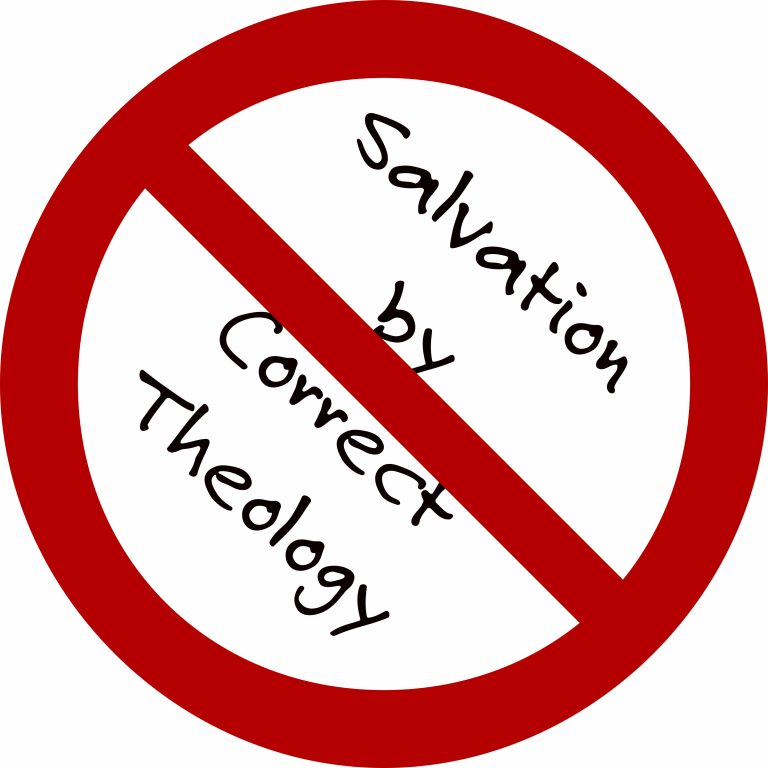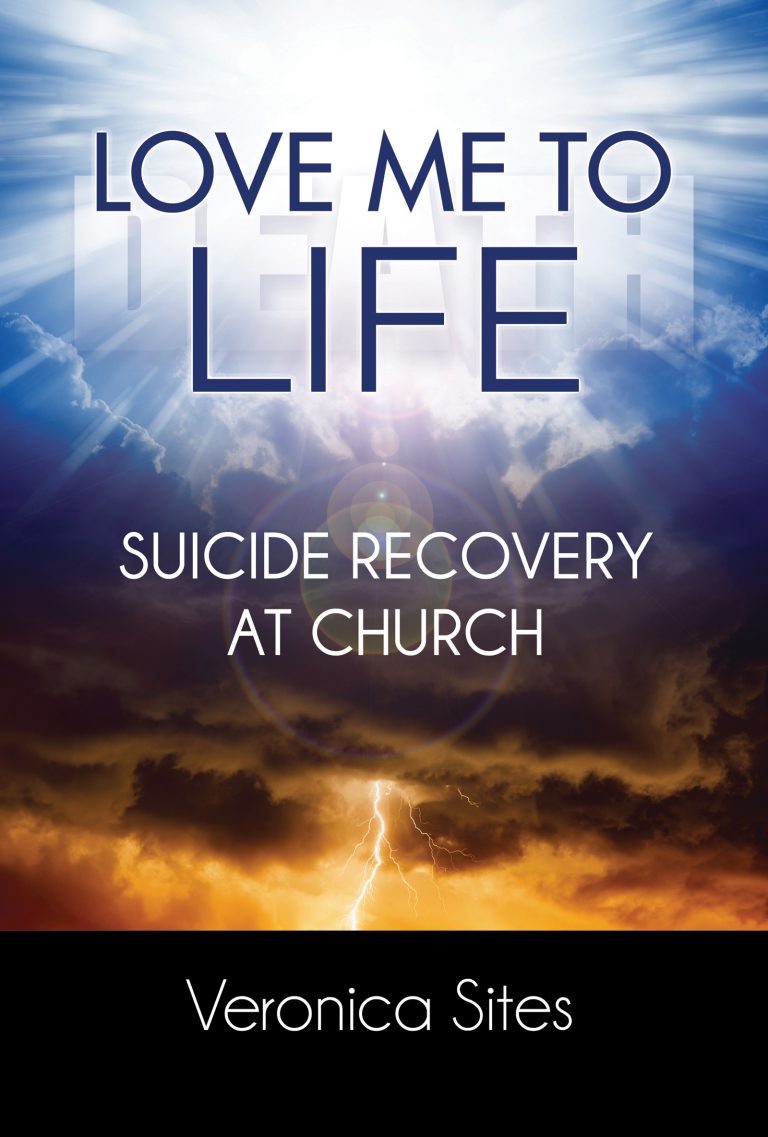Excessively Large Tent = Crash
I have written a few times before on the need for a core of essential beliefs that provide a basis for community along with a broader set of non-essentials on which people can agree. Probably my most comprehensive discussion of the issue is in Unity, Diversity, and Confusion.
Over the last few days I’ve been following the story of Episcopal priest Ann Holmes Redding. I don’t recall where I first saw it, but the story above will do.
Now I’m a big tent person. I like diversity. But in order to be a community there also has to be commonality. I frequently encounter people who advocate one or another form of interfaith spirituality. Almost all of them will claim that they have discovered the essentials of religion and that on those essentials the various faiths they combine have no conflict. What I have never found, however, is that those claimed essentials agree with what committed adherents of the individual religions would call essential.
I’m not writing against interfaith spirituality. I’m not even writing to criticized Redding’s own spiritual journey. But I do believe that the Episcopal Church has a serious tent size problem in this case. Many commentators have been upset about such issues as ordination of female priests and bishops and the acceptance of homosexuality in the Episcopal church. But no matter how one stands on those issues, one should recognize that they are less central than the incarnation itself. Between Islam and Christian lies the doctrine of the incarnation as an impassable barrier.
I think the Episcopal church would share with the United Methodist Church (of which I’m a member) one characteristic: Neither has the central coherence to deal with this level of diversity. I don’t think Christianity can handle it.
Again, this is not to condemn the individuals who hold such beliefs. As strongly as I believe in the incarnation as the core of Christianity, I also believe that I am not to judge. But I can look at the community and how well it can function, and this goes beyond making a functional community.
Two other Christian reactions: Pursuing Holiness and NRO (HT: Locusts and Honey).


It’s my understanding that we are specifically called to judge (in terms of practicing discernment about what doctrine is acceptable) other Christians:
For it is no business of mine to be judging those who are outside; but it is yours to be judging those who are among you; As for those who are outside, God is their judge. So put away the evil man from among you.
(1 Corinthians 5:12-13)
Am I wrong?
I don’t think you’re wrong, Laura, but I think I was regarding her as outside my jurisdiction in two senses. First, even though I didn’t intend to do so, I am not regarding her as a Christian under these circumstances. Second, I’m not Episcopalian, nor a member of her congregation.
I can say that were I her bishop, I would remove her from her pulpit and would regard that as my duty, and were I a member of her congregation I would either have to see the situation corrected or remove myself from there.
Being of another denomination doesn’t make one an “outsider” in Paul’s sense, but in practical terms, I don’t get a say.
I see what you mean. I was thinking of the big tent of Christianity at large – I’ve made it a point to disavow Fred Phelps (for whatever that’s worth, it’s not like people care what I think 🙂 ) and more importantly, I think every Christian leader ought to do the same. It’s difficult to figure out where the lines are drawn in this information age but when somebody becomes a “public” Christian, giving interviews, public speaking, etc. I believe they are fair game for critique.
In practical terms, of course you’re right, there are certainly no consequences beyond being the recipient of some disapproval and I rather think she won’t care about that. My concern is that unbelievers don’t get the idea that it’s acceptable Christian doctrine.
I agree with what you’re saying, and Fred Phelps is a good example. I too repudiate him absolutely. Of course in his case he probably would enjoy the “persecution” should he even notice!
I think I stated what I meant badly in the main post. Of Redding I would say that what she has chosen to do is not Christianity. She should not be a priest. What I cannot judge is some set of actions she might take outside the bounds of Christianity. At that point it would no longer be my business. The person I truly cannot understand is her bishop who has left her in her pulpit.
I do have to confess that I see truly surrendered Christianity, i.e. truly depending on Jesus, as somewhat of a one-way street, and I have a hard time understanding what she has done.
Henry, I’m surprised that you are surprised at this lady’s bishop. From what I have seen of Episcopal Church of the USA, it is full of people who tolerate anything except for intolerance. The bishop is assuming (perhaps in vain) that she will not become a fundamentalist, and so he has no problem with her. There would probably have been more concern in this church if she had become an evangelical.
The interesting thing will come if this lady starts preaching the teachings of her new religion on matters of sexuality. Then the bishop might have to take some action to avoid attacks on his fellow bishops.
Perhaps surprised, but not shocked?
Actually I see a substantial qualitative difference between this and the other major issue that is current, homosexuality. To me, the issue of homosexuality is a debate over a point, while in this case the incarnation comes into play and is rejected. That is a non-negotiable item for me.
That’s why I can enjoy reading some of what Bishop Spong says, but I do not see my Christian faith in his writings for the most part. (FWIW I also seriously question his scholarship, but that’s another issue.)